While U.S. dairy officials cite concerns with U.S. trade agreements—or the lack thereof—some European Union (EU) dairy farmers have literally taken to the streets in opposition to their own trade agreements with Canada, Japan and others.
The European dairy farmers’ beef with their agreements is that they are often at world prices and don’t promote “fair farmgate prices,” dumping dairy products on other markets simply to dispose of them. Last week, 100 farmers from 17 European organizations brought their tractors to a street demonstration to protest the agreements.
“These trade agreements (with Canada, Japan and others currently being negotiated) lead to agricultural products being dumped even more on other markets as well as to important environmental and labor standards being weakened and multinationals becoming even more powerful,” says Erwin Schöpges, president of the European Milk Board.
At the same time, the U.S. Dairy Export Council (USDEC) says an EU trade agreement with Japan could ultimately result in the loss of $5.4 billion in U.S. sales to Japan over the next 21 years. The U.S. share of exports to Japan could be cut in half over the next decade without a new U.S.-Sino agreement.
“These agreements will give our competition a significant economic advantage that will enable them to increase their market share in Japan, costing the U.S. dairy industry billions of dollars in lost sales,” says Tom Vilsack, USDEC president and CEO.
USDEC officials also complain that many of the EU trade agreements include Geographical Indication (generic trade name) protections for EU products, locking out U.S. products that are labeled and marketing under these generic descriptors.
Recommended reading:
Original article sourced from https://www.milkbusiness.com



